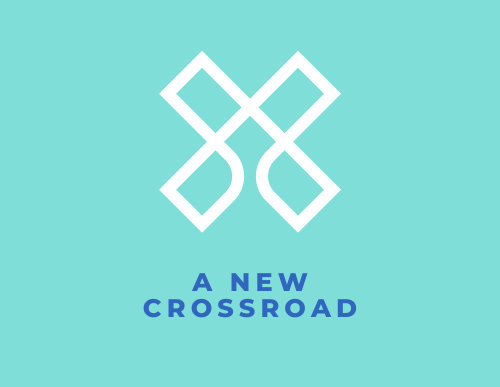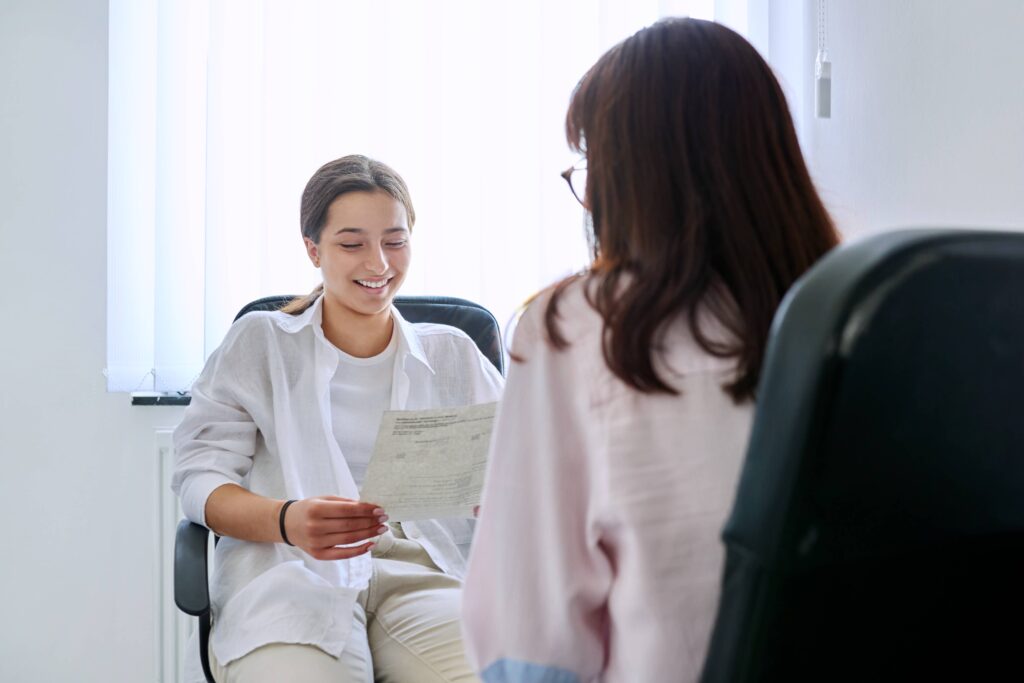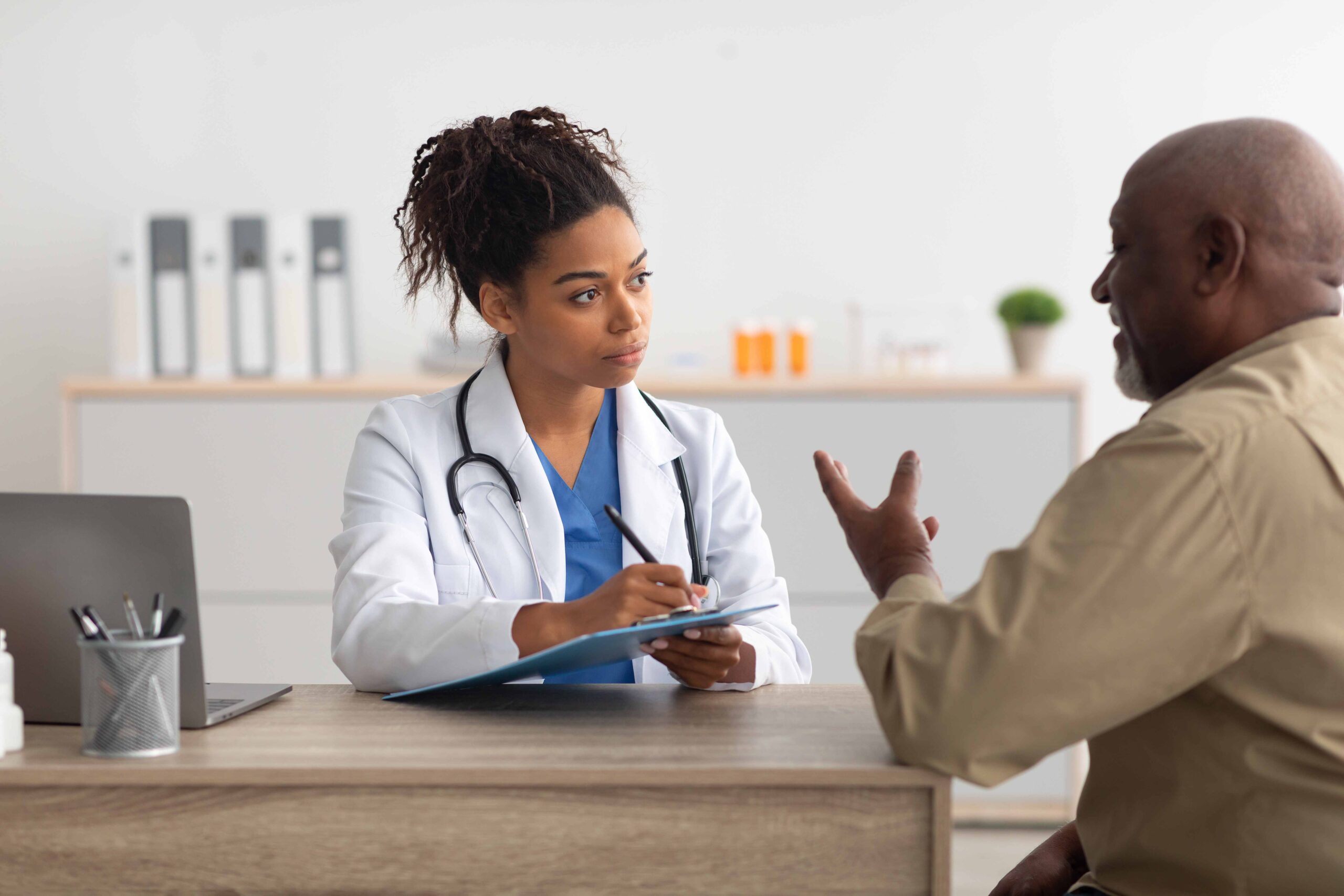Understanding Depression Treatment
When it comes to effective depression treatment, understanding the different phases and approaches can help us make informed decisions about our mental health care.
Phases of Treatment
Depression treatment typically involves several phases designed to help us achieve and maintain mental wellness. Each phase plays a critical role in the overall treatment plan.
Acute Phase
The acute phase focuses on alleviating the most severe symptoms of depression. This phase often involves the introduction of antidepressant medications and psychotherapy. Studies have shown that antidepressant medications can relieve symptoms in up to 80% of those who take them.
Continuation Phase
During the continuation phase, the goal is to prevent a relapse of depressive symptoms. We continue with the prescribed treatments from the acute phase, which may include medications and therapy sessions. This phase typically lasts for 4 to 9 months.
Maintenance Phase
The maintenance phase aims to prevent future episodes of depression. Depending on our individual needs, this phase may involve ongoing therapy and medication management. Regular check-ins with healthcare providers are crucial during this stage.
| Phase | Duration | Goal |
|---|---|---|
| Acute | 6-12 weeks | Alleviate severe symptoms |
| Continuation | 4-9 months | Prevent relapse |
| Maintenance | Long-term | Prevent future episodes |
Combination Therapies
Combination therapies involve using multiple treatment approaches simultaneously to target different aspects of depression. Numerous studies have shown that combining antidepressant medications with psychotherapy is the best way to treat depression.
Medications
Antidepressants are available in various types, and finding the right one may require trying several medications or combinations before identifying the best fit. Genetic tests may offer clues on how we might respond to specific antidepressants (Mayo Clinic). It’s essential not to stop taking antidepressants abruptly to avoid withdrawal-like symptoms and a sudden worsening of depression.
Psychotherapy
Psychotherapy is an essential component of combination therapy. Techniques such as Cognitive Behavioral Therapy (CBT) and Interpersonal Therapy (IPT) help us address the underlying thoughts and behaviors contributing to depression.
For more information on different therapy options, visit our detailed sections on Psychotherapy Options and Online Therapy.
Combining these therapies with lifestyle changes such as exercise and sports can also enhance treatment efficacy. Regular exercise has been proven to reduce stress and anxiety as well as improve sleep.
By exploring the phases of treatment and combination therapies, we can better understand the comprehensive approach needed to effectively manage depression.
For more details on additional treatment methods, visit our sections on Relaxation Techniques and Light Therapy.
Psychological Treatment Approaches
When it comes to treating depression, psychological treatments play a crucial role in helping individuals manage their symptoms and improve their overall mental health. At A New Crossroad, we offer specialized approaches tailored for those in need of effective depression treatment. Two of the most popular and effective therapies we employ are Cognitive Behavioral Therapy (CBT) and Interpersonal Therapy (IPT).
Cognitive Behavioral Therapy (CBT)
Cognitive Behavioral Therapy (CBT) is a widely recognized and highly effective form of psychological treatment for depression. CBT focuses on identifying and altering negative thought patterns and behaviors, aiming to break the cycle of distressing beliefs and emotional reactions. It helps individuals feel better about themselves and their lives by promoting healthier ways of thinking and behaving.
CBT incorporates several techniques, such as:
- Cognitive Restructuring: Identifying and challenging negative thoughts.
- Behavioral Experiments: Testing and implementing new behaviors.
- Exposure Therapy: Confronting feared situations in a controlled manner.
CBT is often conducted in one-on-one sessions or in group therapy settings. It is particularly successful in treating depression and anxiety disorders. Here at A New Crossroad, we ensure that our patients receive the best possible care through personalized CBT sessions. For more information on how CBT can help with other conditions, visit our anxiety treatment page.
Interpersonal Therapy (IPT)
Interpersonal Therapy (IPT) is another effective psychological treatment for depression. Unlike CBT, which focuses on thoughts and behaviors, IPT aims to improve interpersonal relationships and social functioning to alleviate psychological distress. It targets four key areas:
- Grief and Loss: Helping individuals cope with significant losses.
- Role Transitions: Assisting with changes in life roles (e.g., job changes, retirement).
- Interpersonal Disputes: Resolving conflicts with significant others.
- Interpersonal Deficits: Addressing issues in forming and maintaining relationships.
Techniques used in IPT include:
- Communication Analysis: Examining interactions to improve communication.
- Role-Playing: Practicing new ways of interacting.
- Problem-Solving: Developing strategies to overcome interpersonal issues.
IPT can be applied alone or in group settings and has been found effective in treating a range of conditions, including depression, anxiety, eating disorders, and substance use disorders. At A New Crossroad, we offer IPT as part of our comprehensive therapy programs to support our clients in achieving better mental health and improved relationships. For more on how IPT can assist with substance use, visit our alcohol abuse treatment page.
These psychological treatment approaches form the cornerstone of our depression treatment strategies at A New Crossroad. By combining proven techniques and personalized care, we empower our clients on their journey to recovery and well-being.
Medication Options
In our journey to offer comprehensive depression treatment, we recognize the pivotal role of medication. Here, we’ll explore both conventional and alternative medication options.
Antidepressants
Antidepressants are a cornerstone in the treatment of depression. They are especially effective in moderate to severe cases, alleviating symptoms for nearly 80% of those who use them, as reported by the Family Health Psychiatric & Counseling Center. They work by balancing chemicals in the brain that affect mood and emotions.
Common Types of Antidepressants:
- Selective Serotonin Reuptake Inhibitors (SSRIs)
- Serotonin and Norepinephrine Reuptake Inhibitors (SNRIs)
- Tricyclic Antidepressants (TCAs)
- Monoamine Oxidase Inhibitors (MAOIs)
Evaluation and Side Effects:
Antidepressants usually take several days to weeks to start showing their full effect. It’s common for patients to experience side effects during the initial phase. These side effects may include:
- Dry mouth
- Headaches
- Restlessness
- Decreased libido
| Medication Type | Common Side Effects | Time to Effectiveness |
|---|---|---|
| SSRIs | Dry mouth, nausea, headaches | 4-6 weeks |
| SNRIs | Sweating, insomnia, dry mouth | 2-4 weeks |
| TCAs | Drowsiness, weight gain, constipation | 2-4 weeks |
| MAOIs | Dry mouth, dizziness, headaches | 4-6 weeks |
For more tailored guidance on managing side effects and optimizing medication efficacy, refer to our page on managing medication.
Herbal Supplements
Herbal supplements offer an alternative or complementary approach to prescription medications. While the efficacy of these supplements can vary, some have shown promise in alleviating symptoms of depression.
Popular Herbal Supplements:
- St. John’s Wort – Known for its antidepressant properties, it may help with mild to moderate depression.
- Saffron – Emerging research suggests it can improve mood.
- SAMe (S-adenosylmethionine) – Naturally occurring, it may elevate mood and energy levels.
- Omega-3 Fatty Acids – Found in fish oil, they may help improve brain function and mood.
Considerations and Side Effects:
While herbal supplements can be beneficial, they also come with potential side effects and interactions with other medications. It’s vital to consult healthcare professionals when integrating these supplements into your regimen.
| Supplement | Common Side Effects | Recommended Usage |
|---|---|---|
| St. John’s Wort | GI upset, dizziness, photosensitivity | 300-600 mg daily |
| Saffron | Dry mouth, anxiety, headaches | 30 mg daily |
| SAMe | Insomnia, dry mouth, upset stomach | 400-1600 mg daily |
| Omega-3 | Fishy aftertaste, GI issues | 1-2 grams daily |
For those seeking holistic approaches, visit our page on alternative therapies.
Our commitment to effective depression treatment involves a blend of medication, therapy, and lifestyle adjustments. For more individualized plans, remember to explore our sections on psychotherapy options and treatment settings.
Additional Treatment Methods
Exploring diverse treatment strategies for depression can help individuals find the most effective methods to alleviate symptoms and improve their overall well-being. Here are three additional treatment methods that can be incorporated into a comprehensive [depression treatment] plan.
Relaxation Techniques
Relaxation techniques are essential tools in managing depression. By promoting a state of calm and reducing stress, these methods can significantly improve emotional health. Common relaxation techniques include:
- Deep Breathing: Engaging in slow, deep breaths can activate the parasympathetic nervous system, bringing about a relaxation response.
- Progressive Muscle Relaxation: By focusing on tensing and then relaxing different muscle groups, individuals can reduce physical tension and stress.
- Visualization: Guided imagery or visualization involves picturing calming scenes to promote mental relaxation.
- Mindfulness Meditation: Practicing mindfulness helps individuals stay present in the moment, reducing ruminative thoughts associated with depression.
Exercise and Sports
Exercise is a powerful tool in combating depression, with multiple studies highlighting its efficacy. Various forms of physical activity can reduce stress, induce relaxation, and alleviate symptoms of depression (WebMD). Regular exercise is known to improve mood, enhance energy levels, and promote better sleep.
| Type of Exercise | Benefits |
|---|---|
| Walking | Boosts mood, reduces stress |
| Interval Training | Increases energy, improves mental clarity |
| Resistance Training | Enhances strength, reduces depressive symptoms |
Studies suggest that structured exercise programs, such as walking programs and interval training, can have long-lasting benefits for individuals with depression. Exercise has been found to be as effective as psychotherapy and psychotropic medication in reducing depressive symptoms.
Light Therapy
Light therapy, also known as phototherapy, involves exposure to bright, artificial light. This treatment is particularly effective for individuals with seasonal affective disorder (SAD) but can also benefit those with non-seasonal depression. Light therapy works by mimicking natural sunlight, which can help regulate the body’s circadian rhythms and improve mood.
When considering light therapy, here are some key points:
- Duration: Sessions typically last 20-30 minutes daily.
- Intensity: Light boxes often emit 10,000 lux to simulate natural daylight.
- Timing: Morning exposure is most effective in regulating sleep-wake cycles.
Individuals should consult with a healthcare provider before starting light therapy to ensure it is appropriate for their specific condition. For more information on managing potential side effects of different depression treatments, consult our other resources.
By integrating relaxation techniques, regular exercise, and light therapy into their depression treatment plans, individuals can harness the benefits of these additional methods to support their mental health journey. For those seeking professional advice, explore our psychotherapy options and treatment settings for a holistic approach to depression treatment.
Alternative Therapies
Alternative therapies can be an invaluable part of a comprehensive approach to depression treatment. Below, we delve into three effective alternative treatments: meditation and yoga, touch therapies, and music therapy. Let’s explore how these therapies can contribute to mental health and well-being.
Meditation and Yoga
Meditation and yoga are widely recognized for their ability to aid in relaxation and mental clarity. Practices like meditation can help in reducing stress and promoting a sense of inner peace. Yoga combines physical poses, breath control, and meditation, which can be beneficial for people dealing with depression.
| Benefit | Description |
|---|---|
| Stress Reduction | Calms the mind and body. |
| Improved Mood | Enhances mental well-being. |
| Physical Health | Increases flexibility and strength. |
Touch Therapies
Touch therapies such as massage therapy are based on the principle that physical and emotional well-being are interconnected. By relaxing the body, these therapies can contribute to better mental health and reduced depression symptoms. Massage therapy, for instance, can lower cortisol levels and increase serotonin and dopamine, aiding in emotional balance (WebMD).
Benefits include:
- Reduced anxiety
- Improved sleep quality
- Enhanced sense of well-being
Music Therapy
Music therapy serves as a natural tranquilizer for the human spirit. It can be an effective non-drug approach to alleviating feelings of fear, anxiety, stress, and grief. This therapy can be as simple as listening to music that resonates with the individual’s mood and preferences. The therapeutic effects of music can support mental health and elevate emotional states.
Benefits include:
- Reduced anxiety and stress
- Improved mood and motivation
- Enhanced cognitive functions
By integrating these alternative therapies into our comprehensive depression treatment programs, we aim to provide a holistic approach to mental health. For more on our treatment programs, including bipolar disorder treatment and anxiety treatment, visit our website.
Seeking Professional Help
When seeking professional help for depression, understanding the various psychotherapy options and treatment settings available can guide us toward making informed decisions for our health.
Psychotherapy Options
Psychotherapy, also known as talk therapy or psychological therapy, has proven effective for treating depression. Our mental health professionals often recommend different types of psychotherapy based on individual needs and symptoms. Here are two commonly used therapies:
Cognitive Behavioral Therapy (CBT)
Cognitive Behavioral Therapy (CBT) aims to identify and modify negative thought patterns and behaviors, enabling emotional and behavioral changes. CBT is particularly successful in treating depression and anxiety disorders. It involves structured sessions where therapists work with patients to develop coping strategies, thereby improving symptoms and preventing relapse (NCBI).
| Benefits of CBT | Description |
|---|---|
| Identifies negative thought patterns | Helps in recognizing and challenging irrational beliefs |
| Develops coping strategies | Empowers patients to control their emotions and reactions |
| Effective in preventing relapse | Provides long-lasting tools for managing symptoms |
Interpersonal Therapy (IPT)
Interpersonal Therapy (IPT) focuses on improving interpersonal relationships to alleviate psychological distress. This therapy primarily addresses issues like social isolation, unresolved grief, and conflicts with significant others. IPT is quite effective in treating depression and other mood disorders by enhancing social functioning.
Treatment Settings
Depression treatment can occur in various settings, each providing unique benefits based on the severity of symptoms and individual preferences.
Outpatient Treatment
Outpatient treatment allows individuals to receive therapy or counseling while continuing with their daily routines. This setting is suitable for those with mild to moderate depression. Outpatient services can include individual therapy sessions, group therapy, and family therapy.
Inpatient Treatment
Inpatient treatment involves staying at a mental health facility and receiving continuous care. This setting is ideal for individuals with severe depression who require intensive treatment and constant supervision. Inpatient facilities offer a structured environment, including 24-hour support from a team of healthcare professionals.
Partial Hospitalization
Partial hospitalization programs (PHP) offer a middle ground between inpatient and outpatient care. Individuals participate in structured therapy sessions during the day and return home in the evening. PHPs provide intensive care and support while allowing patients to maintain some level of independence.
Our approach at A New Crossroad ensures that we provide personalized care tailored to the needs of each individual. By understanding the different psychotherapy options and treatment settings available, we can empower you on your journey to better mental health. For more information on additional treatment methods, visit our sections on medication options and alternative therapies.
If you need specific guidance or have concerns about your mental health, consider seeking professional help. Options might include psychotherapy options like CBT and IPT, depending on individual needs. Secure environments for treatment, such as treatment settings including outpatient and inpatient care, are designed to support your recovery journey. For dealing with other mental health concerns, explore our resources on related topics such as anxiety treatment, ptsd treatment, and bipolar disorder treatment.
Practical Considerations
Online Therapy
Online therapy is becoming increasingly popular and accessible, catering to the evolving landscape of mental health treatments. It offers various benefits including convenience, flexibility, and a wider range of therapeutic options. At A New Crossroad, we provide comprehensive online therapy services that are designed to fit your lifestyle and meet your mental health needs. For more about our offerings on this front, visit our detailed section on online therapy.
Managing Medication
Managing medication is a crucial aspect of effective depression treatment. Antidepressants, while beneficial, should not be stopped abruptly to avoid withdrawal-like symptoms and a sudden worsening of depression. It’s always advisable to gradually decrease the dosage under a doctor’s supervision (Mayo Clinic). At A New Crossroad, we emphasize the importance of working closely with healthcare providers to tailor medication plans that best suit your needs. Understanding how to manage and adjust your medication is essential for maintaining mental health stability.
Potential Side Effects
More than half of individuals taking antidepressants experience side effects. Common side effects include dry mouth, headaches, dizziness, and sexual problems. More severe side effects can include significant dizziness and other complications. Being informed about these potential issues helps in making educated decisions about depression treatment. We at A New Crossroad stress the importance of communication with your healthcare provider to effectively manage and mitigate these side effects. For more tips on managing medication side effects, visit our section on medication management.
| Side Effects | Prevalence (%) |
|---|---|
| Dry Mouth | 30 |
| Headaches | 25 |
| Dizziness | 20 |
| Sexual Problems | 15 |
Understanding the practical considerations in depression treatment—including the use of antidepressants and other medication options, along with emerging alternative therapies—is key to navigating the journey towards mental health recovery.





